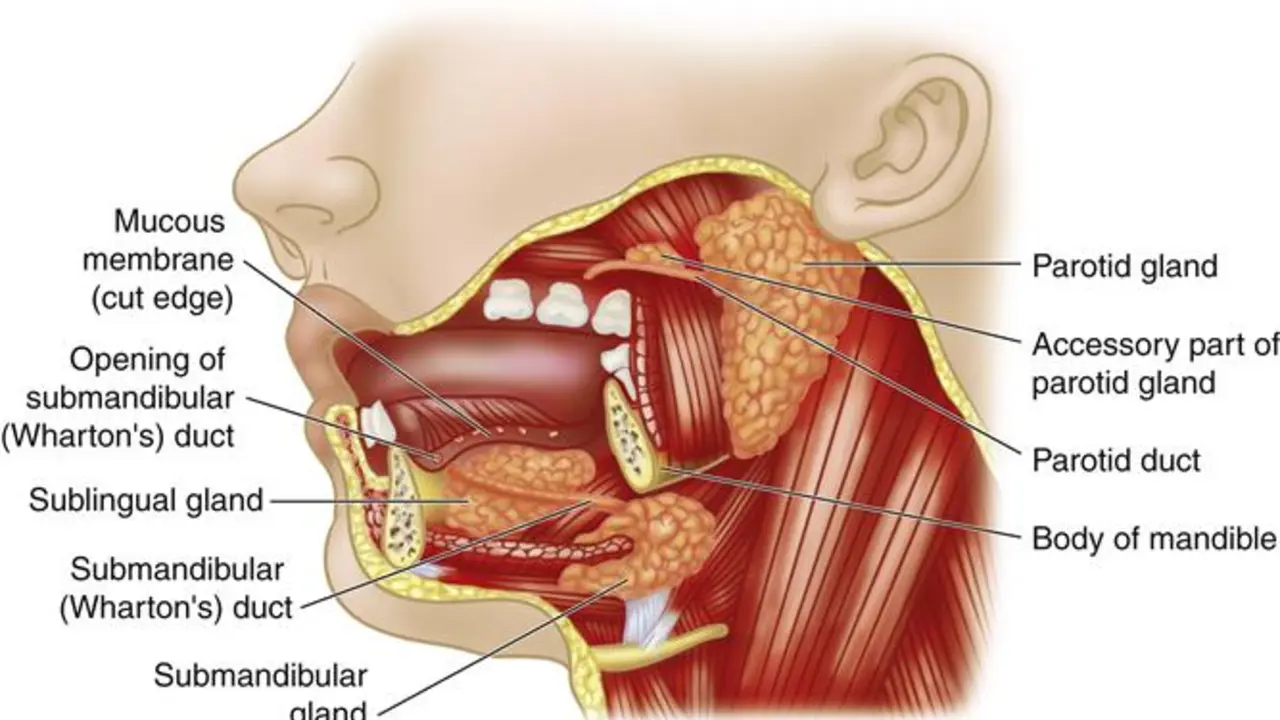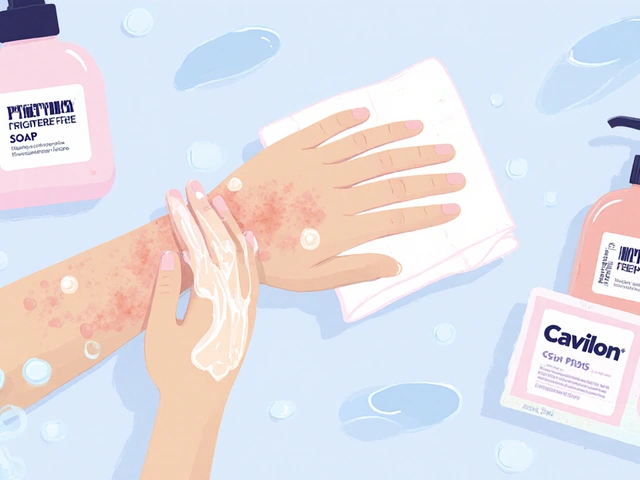Oral Health Basics: Keep Your Mouth Fresh and Strong
When you think about health, you probably picture diet and exercise first. But the truth is, a healthy mouth is a big part of feeling good overall. Good oral health helps you chew, speak, and smile without pain. It also keeps bad breath at bay and can stop bigger problems like gum disease or tooth loss before they start.
Everyday Habits for a Healthy Smile
First up, brushing. Most people know to brush twice a day, but the technique matters. Use a soft‑bristled toothbrush and a pea‑sized dab of fluoride toothpaste. Hold the brush at a 45‑degree angle against the gum line, and make tiny, circular motions. Don’t scrub hard – you’ll wear down enamel and hurt gums. Spend about two minutes each time; a timer or a favorite song works great for keeping track.
Flossing is the next weapon. It gets rid of food bits and plaque where the brush can’t reach. Slip a piece of floss between two teeth, curve it into a C‑shape, and slide it gently under the gum line. If traditional floss feels tricky, try floss picks or a water flosser – they work just as well.
What you eat matters, too. Sugar feeds the bacteria that cause cavities, so cut down on sodas, candy, and sticky snacks. Instead, reach for crunchy veggies, cheese, and nuts. These foods clean teeth naturally and give your mouth the minerals it loves.
Don’t forget your tongue. A quick scrape with a tongue cleaner or a soft brush gets rid of buildup that can cause bad breath. Rinse with an alcohol‑free mouthwash if you want extra freshening, but remember it’s not a substitute for brushing and flossing.
When to See a Dentist
Regular check‑ups are the safety net for your oral health. Aim for a dentist visit every six months, even if everything feels fine. A professional cleaning removes tartar that your brush can’t dissolve, and the dentist can spot early signs of decay, gum recession, or oral cancer.
Watch for warning signs that need a quicker appointment. Persistent bad breath, bleeding gums, a loose tooth, or a sudden sensitivity to hot or cold foods are all signals that something isn’t right. If you notice any of these, call your dentist right away – early treatment is usually simpler and cheaper.
For those with specific concerns, like braces, dentures, or dry mouth from medication, talk to your dentist about tailored care plans. They can recommend special brushes, fluoride treatments, or saliva‑boosting products that keep your mouth in top shape.
Lastly, protect your mouth during sports or high‑impact activities. A well‑fitting mouthguard can prevent broken teeth and jaw injuries. It’s a small piece of equipment that makes a huge difference.
Keeping your oral health on track doesn’t have to be a chore. By brushing right, flossing daily, choosing mouth‑friendly foods, and staying on top of dental visits, you’ll enjoy a cleaner, healthier smile for years to come. Give these easy steps a try today – your teeth (and confidence) will thank you.
Welcome to my latest post where I delve into the fascinating connection between the health of our pharyngeal mucous membranes and bad breath. You'll be amazed to find out just how closely related these two seemingly unconnected oral health aspects can be. If you've ever wondered why certain conditions cause bad breath or halitosis, you're in the right place. Get ready, we're about to get to the bottom of this intriguing health topic!



 Medications
Medications




